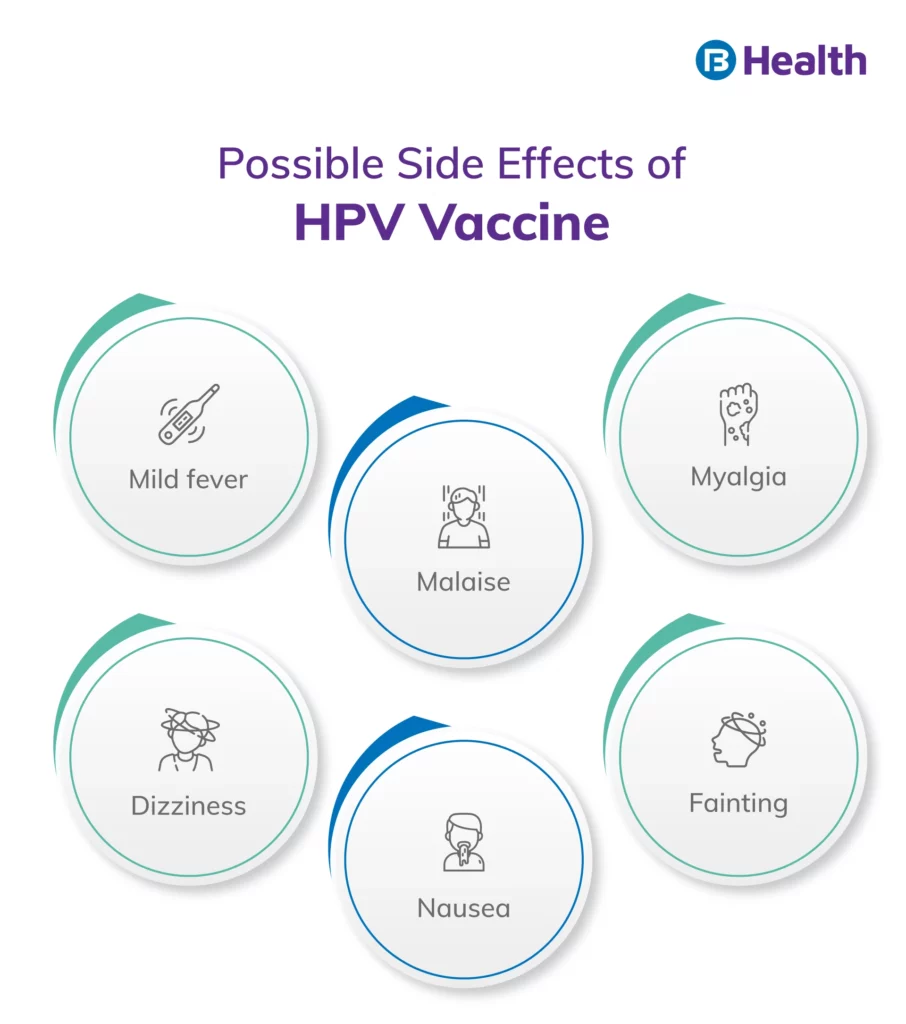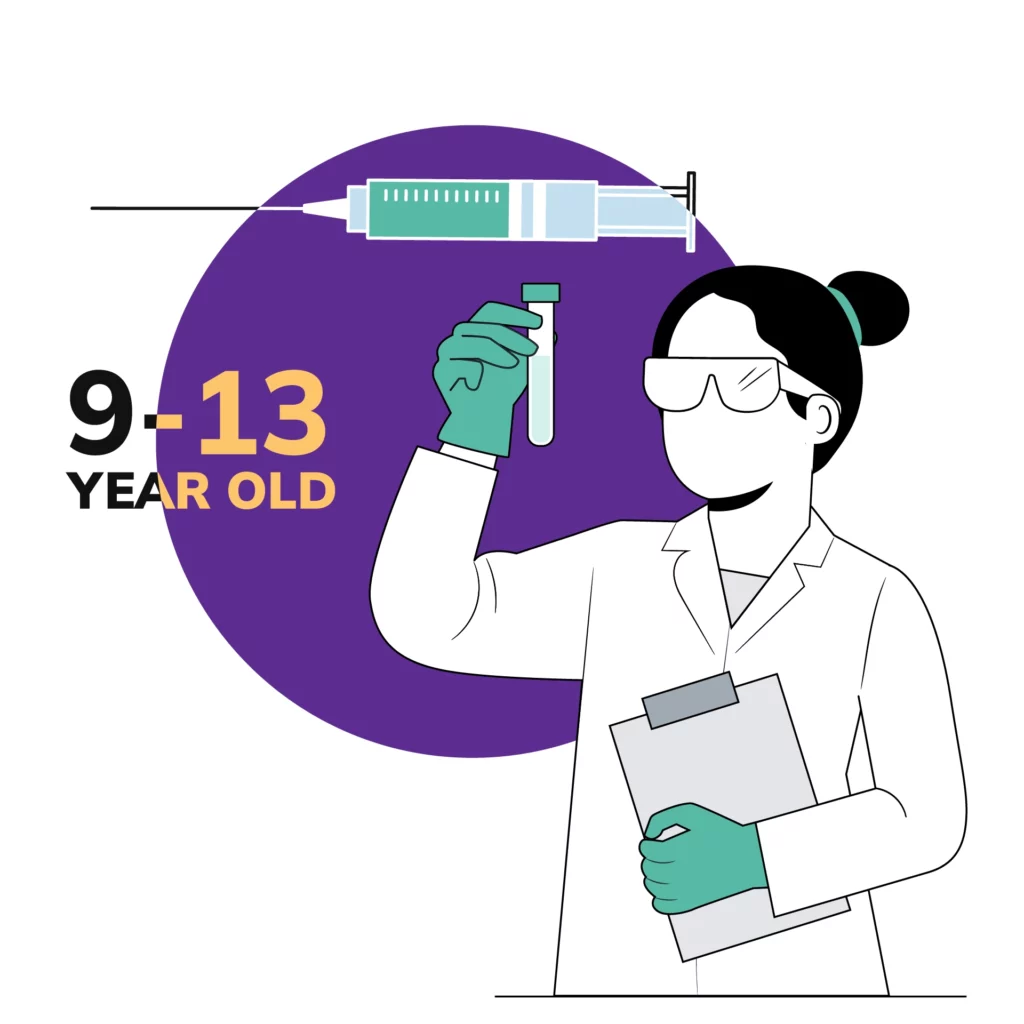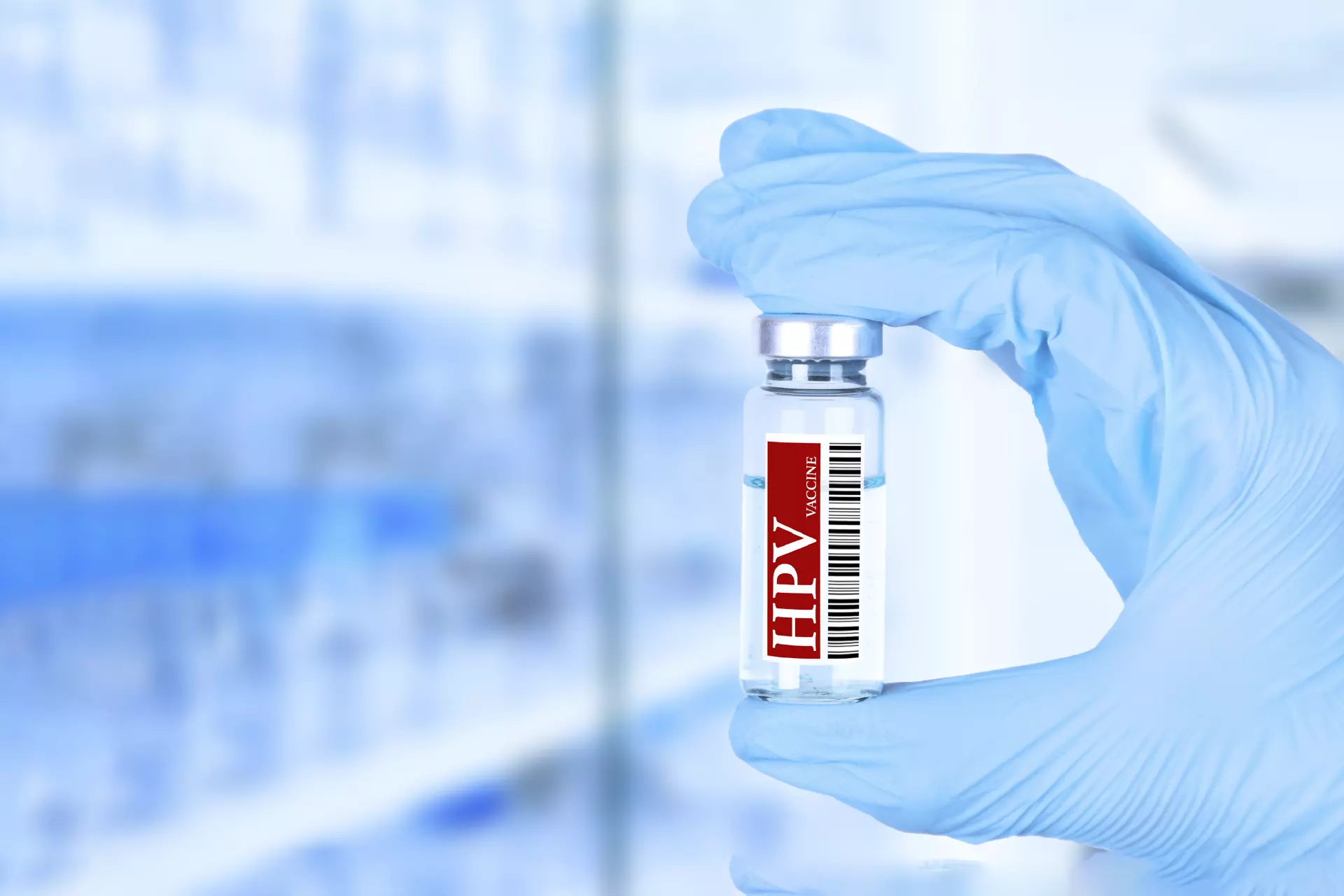General Health | 7 min read
HPV Vaccine Guidelines: Top 7 Things You Need to Know
Medically reviewed by
Table of Content
Synopsis
While HPV is a common cause of cancer, it’s crucial to take the necessary measures to prevent its infection. Discover how you or your family members can opt for HPV vaccination.
Key Takeaways
- HPV can lead to genital warts, anogenital cancer or oropharyngeal cancer
- It is wise to take your HPV vaccines by the age of 12 years
- HPV vaccines are usually not recommended once you cross the age of 26 years
About
Human papillomavirus (HPV) is a common cause of life-threatening conditions and death in men and women. The infection is caused by the virus linked to oropharyngeal cancer, a common term for cancers of the tonsil and back of the tongue. It can also lead to genital warts and cancer in the cervix, vagina, vulva, penis or anus, commonly referred to as anogenital cancer. To reduce the chance of getting these conditions, taking the HPV vaccine is the best way ahead. Though WHO has recently updated HPV vaccine guidelines, the premises they were set on remain the same. Read on to learn about HPV screening guidelines, HPV vaccine age limit, and more.
HPV Vaccination Recommendations
As per regular HPV vaccination guidelines, it is best to take your HPV vaccines by the age of 12 years. In such cases, the vaccination can be started from 9 years of age. However, if you have not taken the vaccine during your preteens, it is ideal for taking them by 26 years. Note that HPV vaccines are usually given in two or three doses; the exact number of doses gets decided based on your age when you take the first dose. For people aged beyond 26 years, vaccination is not recommended unless prescribed by a doctor. Sometimes, physicians allow vaccination for people aged between 27 and 45 years based on their conditions. However, the chance of getting any benefit from vaccination becomes less once you reach the age of 26. Remember, the HPV vaccine prevents new infections but cannot fight the existing conditions caused by HPV.
Apart from these common HPV vaccine guidelines, an alternative path of vaccination is being set up by WHO. Following the update to the HPV vaccine guidelines by the organization published in its December 2022 position paper, now a single-dose vaccination is said to provide more efficient and durable protection than the usual two-dose vaccination [1]. SAGE, the WHO’s independent expert advisory group, made this recommendation for the first time in April 2022 [1].
These updated HPV vaccination indications by the WHO came at just the right time, as the global coverage of HPV vaccination was reducing fast. Between 2019 and 2021, the worldwide coverage of the first dose of the HPV vaccine stumbled from 25% to 15%. As a result, the number of girls deprived of HPV vaccination increased by 35 lakhs in this period [1]. This optimization of HPV vaccine guidelines is done to increase access to the vaccine. As a result, it is expected to increase the number of girls who can be immunized. It can also reduce the cost burden of the overall process of vaccination.
Additional Read: Will Herd Immunity Against COVID-19 Really Work?
HPV Vaccine Guidelines
As per the old HPV vaccine guidelines, doctors would recommend two or three doses depending on an individual’s age and immunity level. In the case of healthy individuals below the age of 15, two doses are sufficient. They need to take the second dose within 6 to 12 months after the first one. If adolescents receive two doses within five months, they may need to go for a third dose. Apart from them, physicians may recommend a third dose to individuals aged between 15 and 26 and the ones with immunodeficiency. In such cases, the second dose is scheduled between one-two months after the first dose, and the third dose is usually given after six months after the first dose [2].
These recommendations have been followed so far regarding this vaccine for cancers. However, the updated HPV vaccine guidelines show some significant revisions. For girls aged 9-15 and women aged 15-20, WHO recommends a one or two-dose schedule. For women older than 21 years, two doses are recommended with a gap of 6 months. The primary target of the updated schedule is girls aged 9-14, so they can be immunised before the start of sexual activity. The secondary targets include boys and older women, who can be vaccinated, which is a viable option [3].
Contraindications And Precautions:
As per Oxford Advanced Learner's Dictionary, contraindication means 'a medical reason for not giving somebody a particular drug or medical treatment.' Therefore, regarding HPV vaccine guidelines, it is wise to note the following contraindications:
- You may get a chronic allergic reaction such as anaphylaxis to a component of the vaccine. The same can happen after a dose of the HPV vaccine. Both are examples of contraindications to getting the HPV vaccine
- The 9-valent HPV vaccine can be a contraindication to individuals with hypersensitivity to yeast as the vaccine is processed in Saccharomyces cerevisiae (baker's yeast)
There are a few precautions to be considered too. For example, in case of a moderate or severe acute illness, vaccination must be postponed until symptoms improve. However, if the illness is minor and acute, such as mild upper respiratory tract infection or diarrhea, there is no need to postpone the vaccination.
Pregnancy
As per HPV vaccine guidelines, immunization with it is not recommended during pregnancy. If you are expecting, it is wise to postpone your vaccination schedule to a time when you are no longer pregnant. However, a pregnancy test before the vaccine is not necessary. If pregnancy is discovered after the first dose of vaccine, the remaining doses are delayed until the pregnancy period is over. In case of any unfavorable outcomes following HPV vaccination, get in touch with your doctor or the concerned health authorities immediately.
Additional Read: Do health insurance plans cover COVID-19 vaccines?
Safety of HPV Vaccines
There is no doubt regarding the safety of HPV vaccines. According to studies, the benefits of HPV vaccines are far more crucial than the potential risks. However, it may have certain side effects like any other vaccine.
Side Effects of the HPV Vaccine
While looking at the HPV vaccine guidelines, it's also important to note the possible side effects. Here's a look at them:
- There may be local reactions such as redness, swelling and pain at the injection site. They were reported during the clinical trials before the licence by 20%-90% of recipients
- Around 10%-30% of HPV vaccine recipients reported a temperature of 100°F during the two weeks after vaccination. However, the same was reported by a similar proportion of individuals who received a placebo instead of the actual vaccine
- Vaccine recipients have reported a variety of severe side effects. They include malaise, myalgia, dizziness, nausea, and more. However, these symptoms were also visible in placebo recipients
- With increased doses, local reactions were reported to be increased too. However, an increase in doses didn't lead to reports of increasing fever
- There have never been any serious adverse effects after HPV vaccination. Health authorities closely monitor the process following the HPV vaccine guidelines
For some individuals, fainting or syncope can be an after-effect of any medical procedure, and vaccination is no exception. For such people, it is best to get them seated or lying down before the vaccination and ask them to remain in the same position for 15 minutes after the procedure. Thus, you can prevent any injuries due to sudden fainting and falls.
Conclusion
The present HPV vaccines, Gardasil and Ceravix, are quite costly for ordinary people. However, you may be glad to know that India is soon coming with its indigenously-made HPV vaccine, CERVAVAC, which is much cheaper. Here the HPV vaccine price will be between INR 200-400, which is quite affordable for many Indians. So, if you fall into the eligible age categories, vaccinate as soon as possible. You can book an online doctor consultation on Bajaj Finserv Health to know more about HPV vaccine guidelines. So, start prioritising immunisation today for a safer and healthier tomorrow!
References
- https://www.who.int/news/item/20-12-2022-WHO-updates-recommendations-on-HPV-vaccination-schedule
- https://www.cdc.gov/vaccines/vpd/hpv/hcp/recommendations.html
Disclaimer
Please note that this article is solely meant for informational purposes and Bajaj Finserv Health Limited (“BFHL”) does not shoulder any responsibility of the views/advice/information expressed/given by the writer/reviewer/originator. This article should not be considered as a substitute for any medical advice, diagnosis or treatment. Always consult with your trusted physician/qualified healthcare professional to evaluate your medical condition. The above article has been reviewed by a qualified doctor and BFHL is not responsible for any damages for any information or services provided by any third party.





